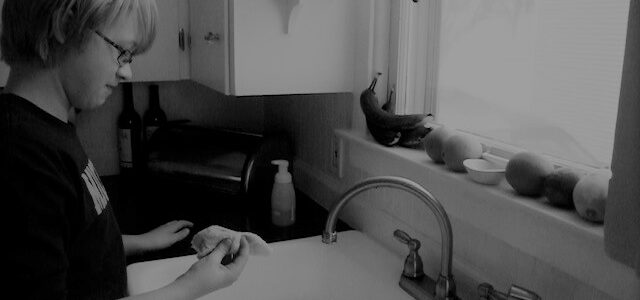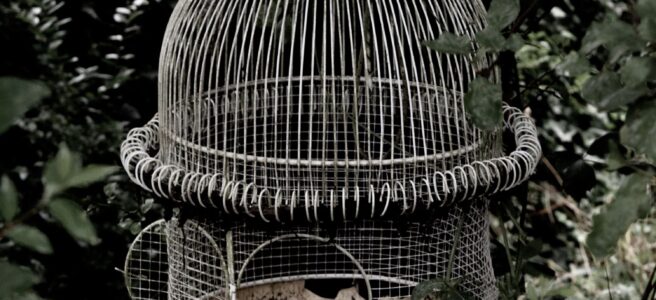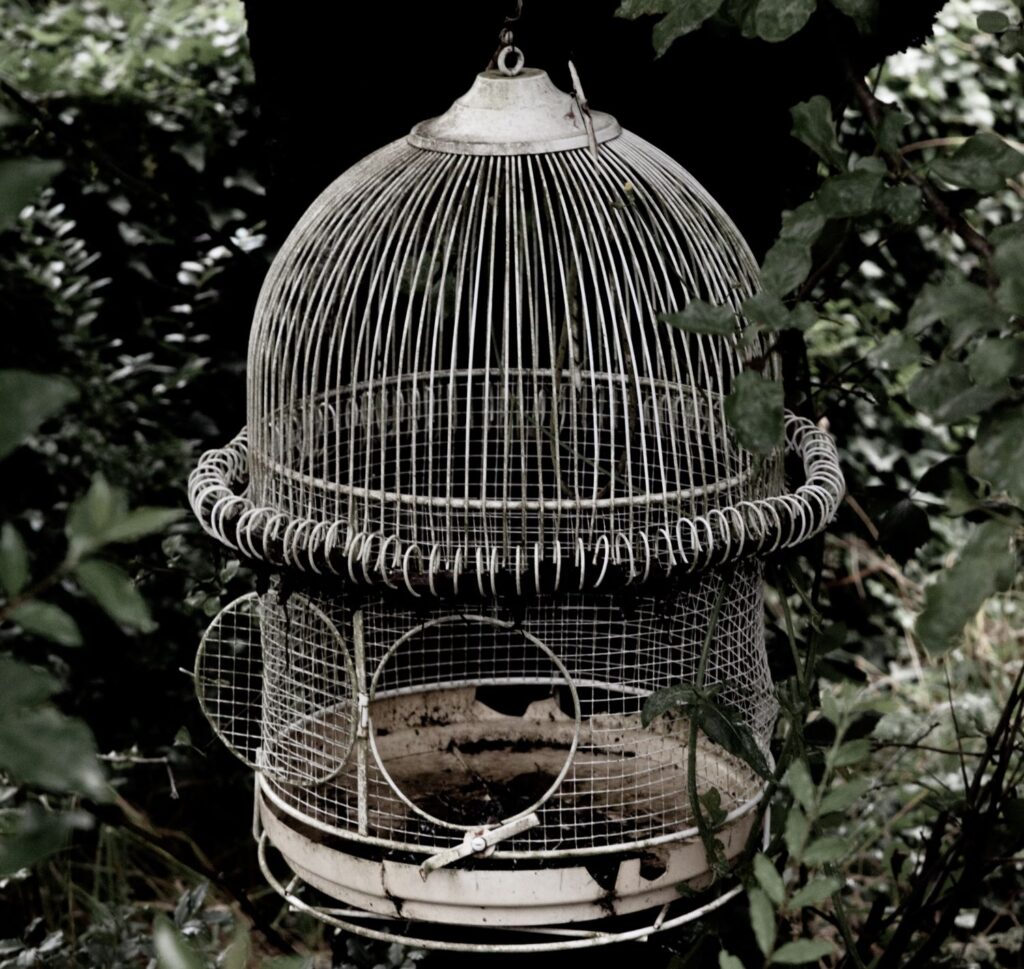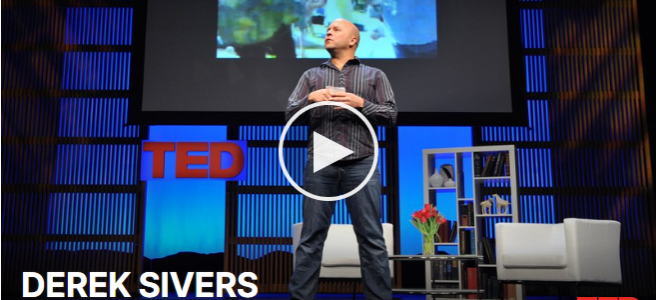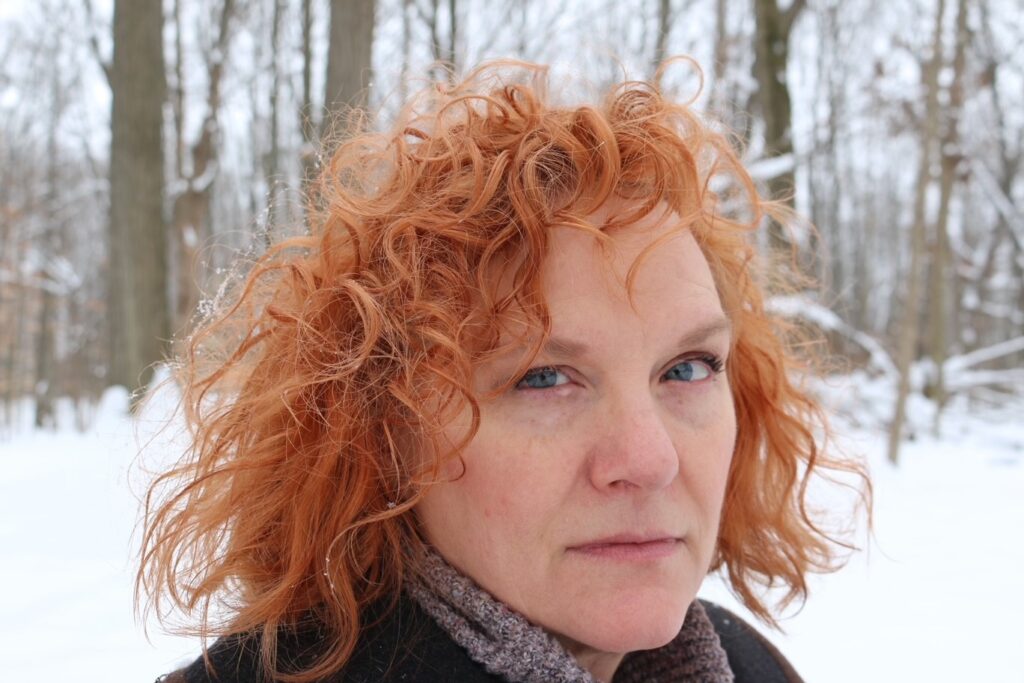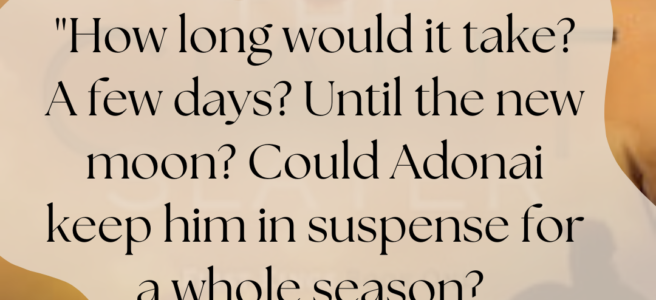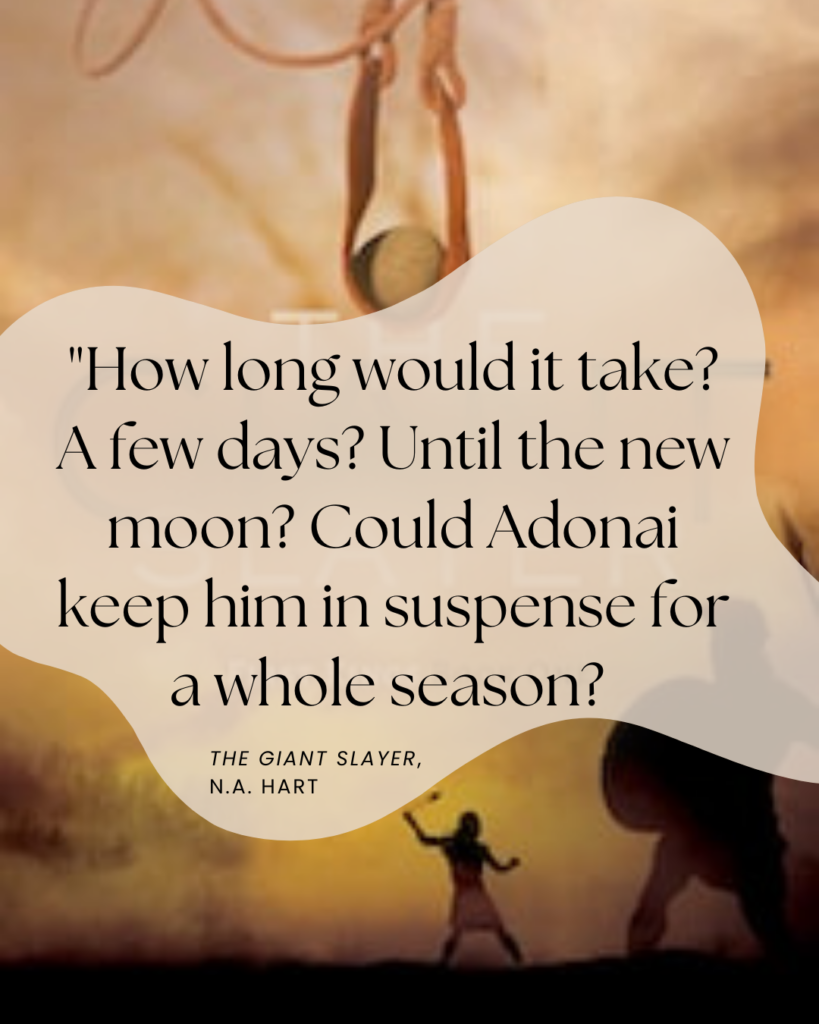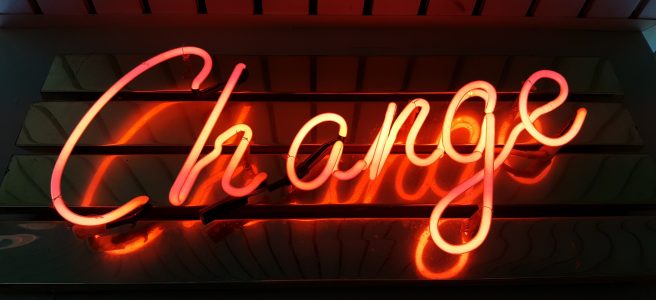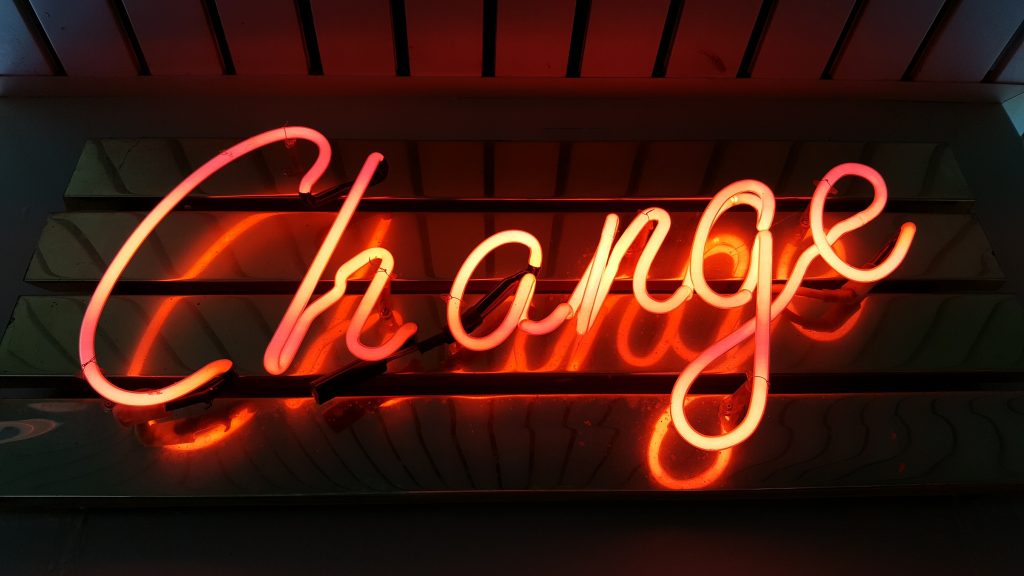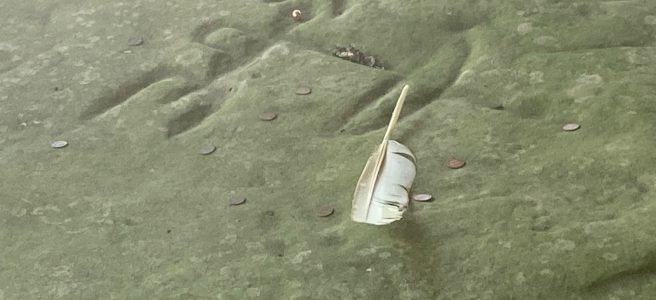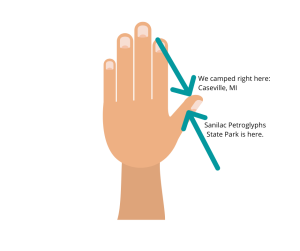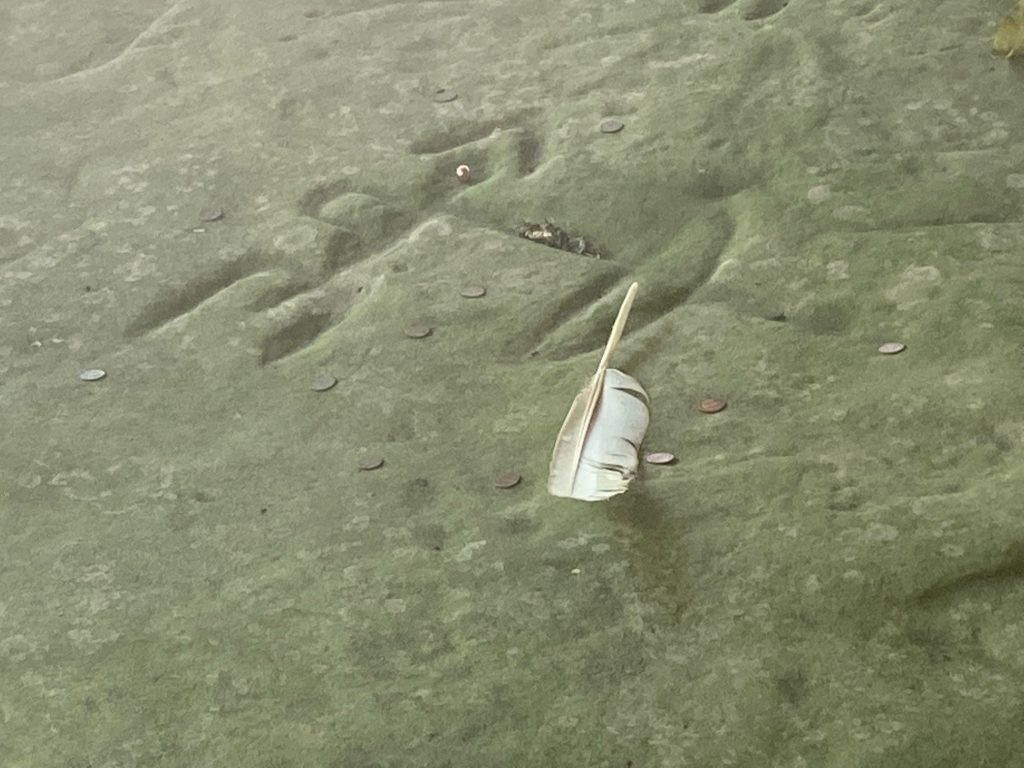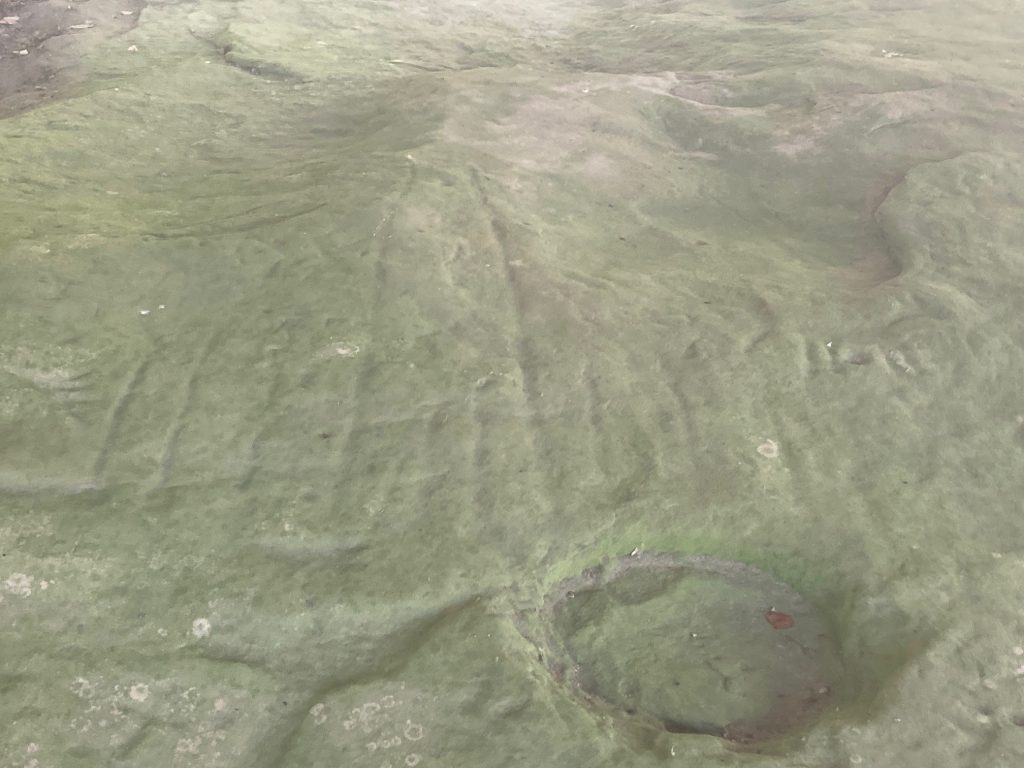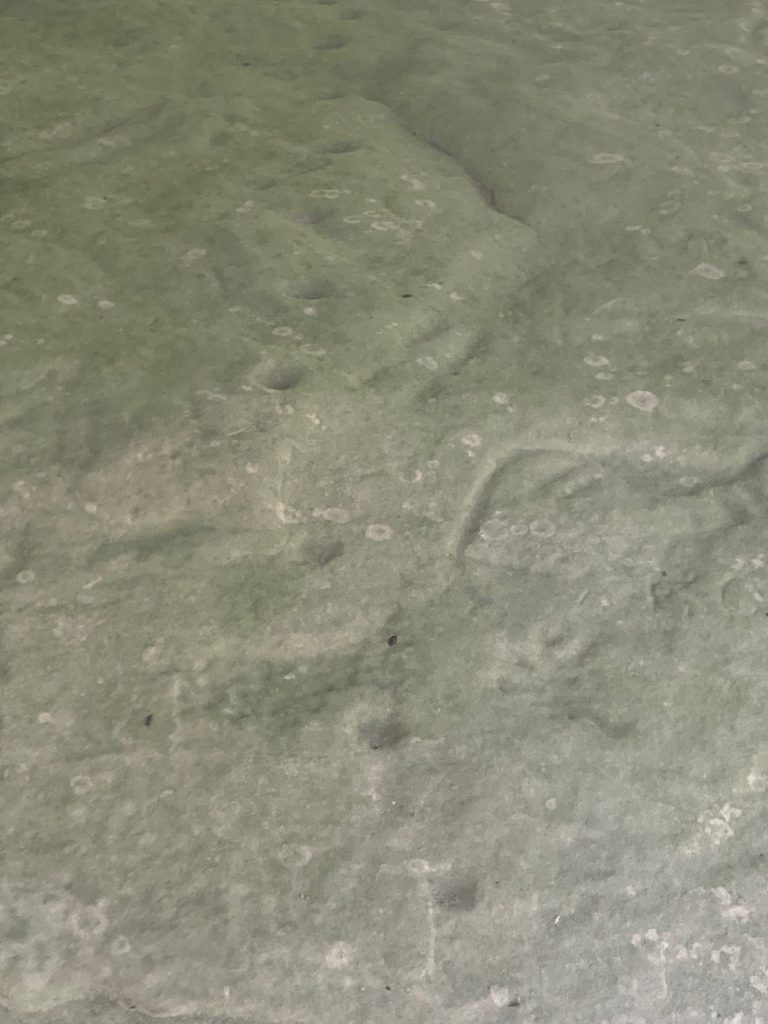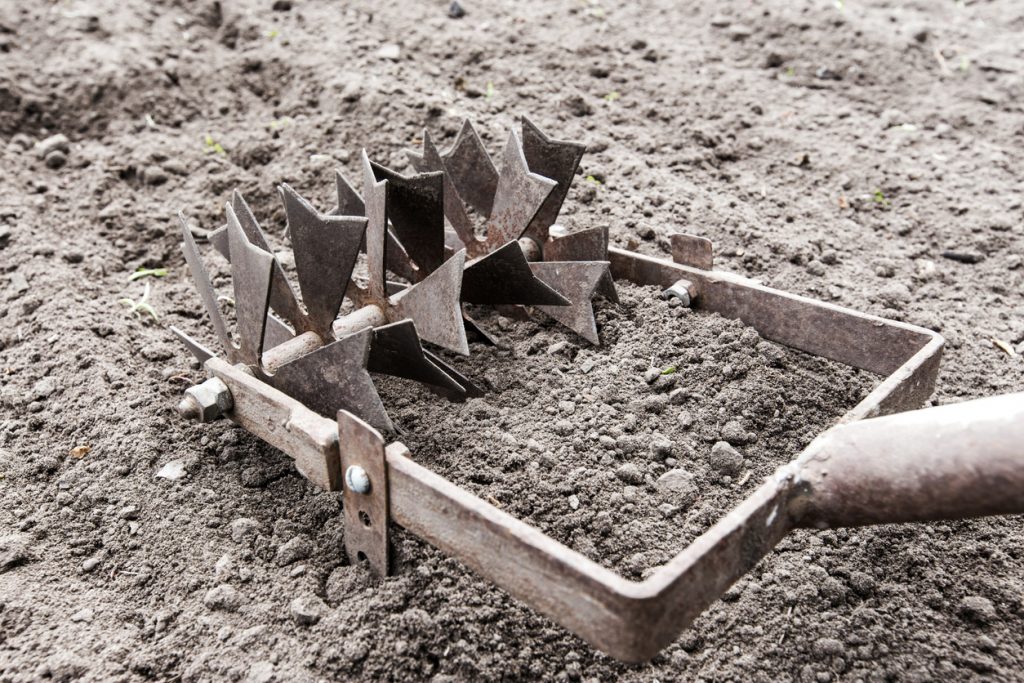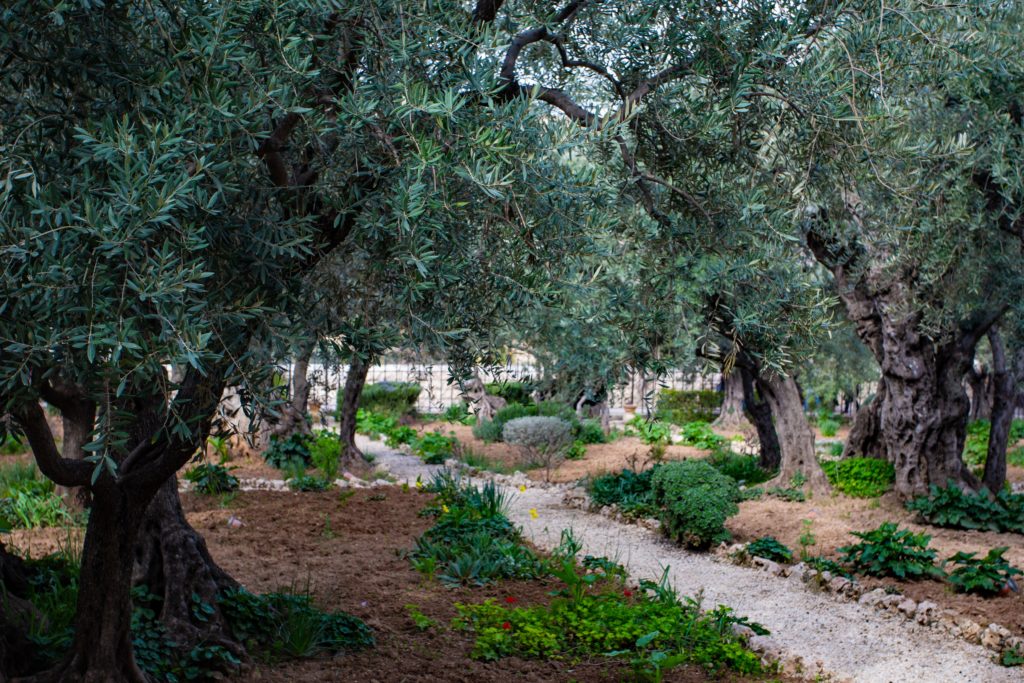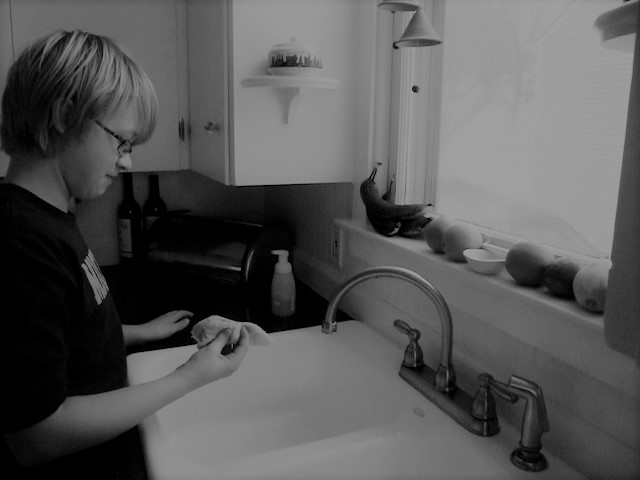
My father was born in the Netherlands in 1942, almost two years into the Nazi occupation. He was young enough to have only one real memory of wartime: sitting outside and playing, refusing to come in while the air raid siren blared and his mother and nanny tried to get him to come inside.
But he had three older brothers who remember the war.
They tell only a few stories from that time, but one of my generation’s favorites took place during the last winter of the war when the families of three Fonds sisters were all living in one house out in the country: 6 adults and 12 children (plus any people they might be sheltering in the hubbub). All the husbands worked in the resistance movement.
With that many people, everyone had a job. Even two-year-old Peter had to go into the woods to collect kindling. Tante Nell made sure the household ran.
One day, it was the job of one of the boys to do the dishes. But children are still children, even during war, and he didn’t want to, so he hid in the bathroom under the stairs.
Nell saw that the dishes were not being done, figured out where he was, went there, banged on the door and announced loudly for all to hear: “Poop on your own time! Dishes now!” He came out and did the dishes.
That’s the story they told us when we were young, and we laughed and laughed. Between the pounding on the door and the yelling about poop, it was fantastic.
I asked to hear it again when I was in my 40s. That time, they gave me the actual story.
With that many people in the house, everyone had a job. Even two-year-old Peter had to go into the woods to collect kindling. Tante Nell made sure the household ran.
One day, it was the job of one of the boys to do the dishes. But children are still children, even during war, and he didn’t want to, so he hid in the bathroom under the stairs.
Nell saw that the dishes were not being done, figured out where he was and gathered everyone in the living room. She gave a very serious speech about how hard things were, how they were all sacrificing, how they all had to pull together and play their part, that each person was needed. The boy felt so guilty that he came out of the bathroom in tears and vowed to never try to skip his chores.
Not nearly as funny, but I was glad I got to hear the real version.
This makes me think of Hannah Gadsby’s first big Netflix comedy special, Nanette, where she initially plays a lot of painful situations for laughs.
“When you laugh you release tension, and when you hold tension in your human body it’s not healthy psychologically or physically…it’s even better to laugh with other people…. When you share a laugh you will release more tension because laughter is infectious…. Tension isolates us, and laughter connects us.”
Then she explains that jokes just need a setup and a punchline; jokes are frozen at the middle, at the trauma point. Stories, on the other hand, need a beginning, a middle, and an end. In Nanette she takes us past the joke point and tells her real story about how those traumas affected her and, writ large, how they play out in society as a whole. And we discover that truth and vulnerability can connect us even deeper than laughter does.
We’ve all told the joke instead of the story, like my uncles did with their war story. When we were kids they never introduced it as, “In July of 1944 the Nazis searched our house in Velp, hoping to find proof of our father’s work in the resistance cell headed by our family doctor. The cell was dismantled; several members were arrested and either executed or sent to concentration camps, where they died. We fled to our mother’s sister’s house in Ermelo, in the country, a couple of months later. On the way we had to sleep in a barn because the farmer would only let our mother and baby brother in the house. Another sister’s family fled there, as well, and all of us rode out the Hunger Winter and avoided starvation together.”
It’s human nature to play trauma for laughs, to tame it for chit-chat purposes.
For example, I could say that the day after my marriage ended our daughter came home with lice. Lice! On top of everything else, creepy crawly little bugs!! And then talk about all the different ways I tried to get rid of them over three rounds of treatment.
But any further conversation would dig into more vulnerable territory. How it was actually the day after three police officers came onto my porch to arrest my husband of 21 years for a sex crime. How angry I was at him, how hurt, how shocked but not surprised. How I had to tell the kids and our parents about his arrest. How I’d stopped eating and drinking from the stress and wandered the aisles of Target, light-headed and overwhelmed, buying new bedding and pillows and lice removal systems, worrying about spending the money because my husband would surely lose his job and I was a stay-at-home mom who only worked freelance.
How I oddly came to appreciate the lice situation and the three rounds it took to get them truly gone from her long beautiful hair because we had to sit together for hours, me tenderly and patiently running the fine comb through her hair. Over and over and over. It would have been easy for us to retreat to our corners to nurse our wounds, but the lice forced us into close proximity. So there was good in it.
The joke versions of our stories are fine. But I hope we keep getting better at telling each other the full stories.
I’m going to give Gadsby the final word:
Stories hold our cure. Laughter is just the honey that sweetens the bitter medicine…. Your story is my story and my story is your story…. That is the focus of the story we need: connection.
